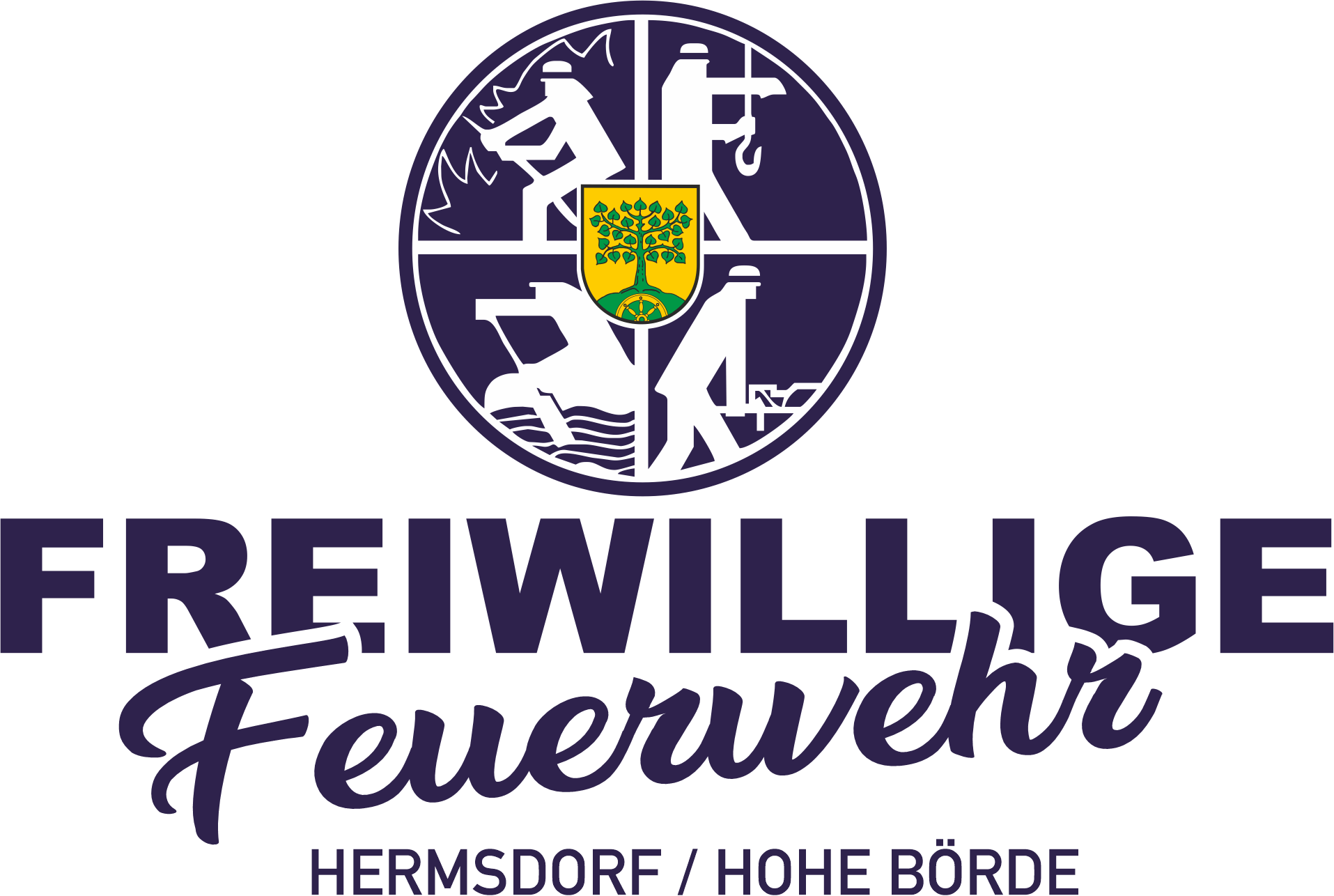Emergency call 112 / the 5 "W" questions

• What happened? Depending on whether it's an accident, a fire, or other technical assistance, different vehicles are alerted – in the case of a dumpster fire, the fire department arrives with a fire engine; in the case of a handbag robbery, the police arrive in a patrol car.
• Where did it happen? Not only is it helpful to provide the exact street name and house number (if applicable), but also the location where the emergency occurred. Control centers often cover large areas, which may include more than one "main street" or "station street." Providing the location prevents emergency services from being alerted in multiple communities.
• How many injured/affected people are there? From a single pedestrian to a packed school bus – depending on the number of people at risk, different numbers of rescue vehicles are needed. If the control center knows this during the emergency call, it can send an alert appropriately.
• Who is calling? Especially when an emergency scene is difficult to locate from the outside, for example, in the case of an out-of-control campfire in the forest, it is helpful for the emergency services if the control center can contact the caller again.
• Waiting for follow-up questions? Excitement and tension are normal—after all, it's not every day you call the emergency number! If you forget an important piece of information in the rush, the experienced control center operators will ask for it. Therefore, you should never be the first to hang up; instead, wait until the emergency center has confirmed that they have all the information. has.


